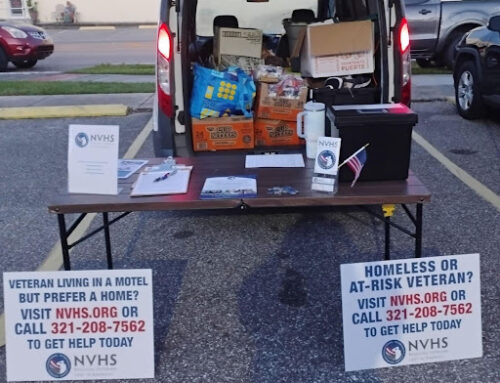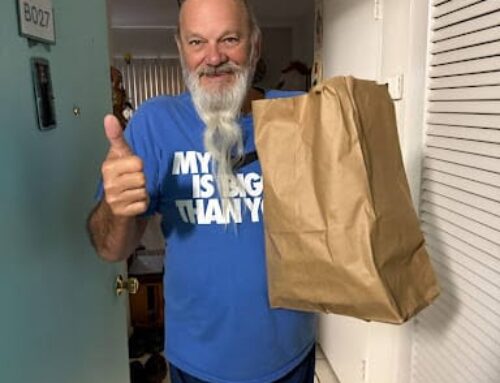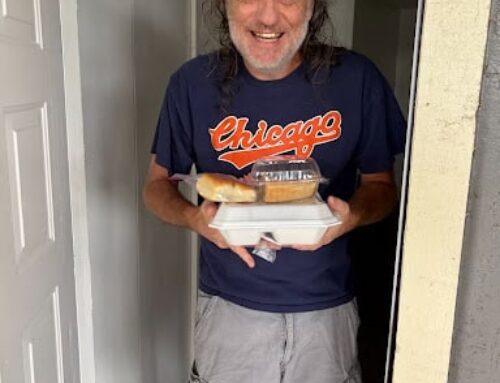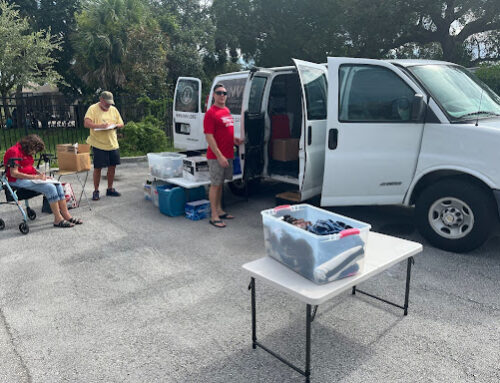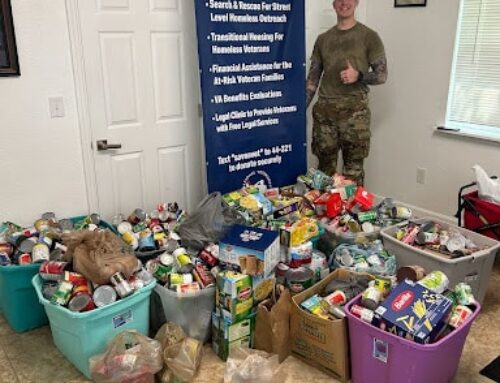Veterans and Healthcare
Veterans are affected by a unique set of health-related challenges and conditions. As a result of their service, veterans may be at higher risk for musculoskeletal injuries, chronic pain, mental health issues and PTSD, traumatic brain injury, chemical and noise exposure, and infectious diseases.
Researchers who surveyed veterans in the year following their separation from the military found that over half (53%) of veterans reported having chronic physical health problems. Further, lack of adequate mental health care for veterans has resulted in higher rates of suicide than among the general population.
Shortcomings of the Veterans’ Healthcare System
In spite of their sacrifices for their country, veterans’ access to healthcare leaves something to be desired. Research published in 2020 showed that over 1.5 million veterans were uninsured in 2019, and around 2 million are forced to forego medical care each year due to the cost.
For veterans who qualify, the Department of Veterans Affairs (VA) offers comprehensive medical coverage. However, in practice, veterans’ experiences with VA benefits have been mixed at best. In 2014, the VA was rocked by scandal when it was revealed that many former service members were being forced to wait months before being given access to care (resulting in the death of up to 40 individuals at one location in Phoenix). What’s more, officials within the VA health care system were intentionally misrepresenting the wait times and number of people on wait lists.
Veterans Aren’t Getting the Care They Need
While major reforms to the VA in the intervening years have resulted in big improvements, in many ways, veterans’ healthcare still leaves much to be desired. Some veterans still struggle with having their healthcare needs met, as evidenced by a USA TODAY article that revealed the struggles of several individuals who were denied crucial treatments for conditions such as cancer and TBI.
And as with many other systemic problems, it’s likely that the people who will suffer most are those who are already at a disadvantage. An analysis of the primary care experiences of both homeless and non-homeless veterans revealed that homeless veterans consistently reported poorer care experiences, suggesting that existing healthcare systems aren’t equipped to help those who need it most.
To learn more about how you can help improve the plight of homeless veterans, consider getting involved with National Veterans Homeless Support (NVHS). NVHS seeks to eliminate homelessness among veterans in Central Florida and nationwide. We take a proactive, intervention-based approach to homelessness by meeting homeless veterans where they are and helping them from there. Through programs like Search and Rescue Outreach, NVHS helps homeless veterans get the supplies they need to survive, connects them with support and resources, and helps them transition off the streets and into temporary or permanent housing. If you’re able, consider supporting our mission by donating or signing on as a volunteer.

